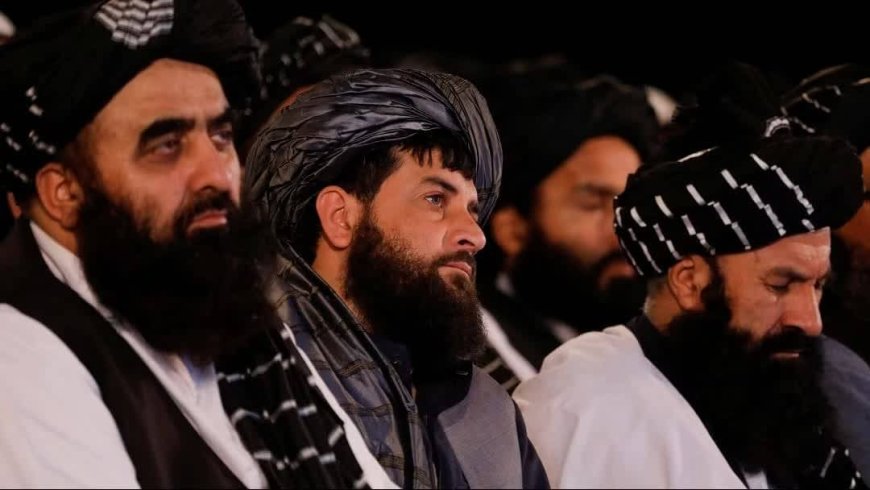Over one year and a half of Taliban rule in Afghanistan: Will the Taliban moderate their sociopolitical approaches?
In response to the false flag attacks of September 11, 2001, the United States and its allies launched a full-scale invasion of Afghanistan with the ostensible goal of toppling the Taliban government. For a while, the Taliban regime that had dominated Afghanistan with hardline views during the 1990s collapsed. Ultimately, with the departure of the Western invaders and the subsequent downfall of Ashraf Ghani's puppet regime two decades later, the Taliban once again assumed control of the impoverished nation. Some observers, at the outset of the Taliban's second return, believed major shifts had taken place in the Taliban's worldview. However, the Taliban failed to demonstrate any signs of progress in their political ideology, and soon it became obvious that they had no intention to establish a government that represented all Afghan ethnic groups. Indeed, the few freedoms that existed prior to the Taliban's resurgence are more vulnerable than ever.

The Taliban's stance against modernity, progress, economic growth, development, urban culture, and individual liberty is emblematic of their extremist political system as a whole. The Taliban are not coy about their genuine beliefs when presenting this facet of their epistemic Weltanschauung. It considers opposing societal progress central to its raison d'être. Hence, the Taliban stifled the media and the political milieu to ensure the smooth execution of their hardline policies.
Even though the NATO troops in Afghanistan were responsible for unspeakable tragedies and an incessant cycle of atrocities, there were few achievements in the field of media that were hoped to continue. Nonetheless, immediately after the capture of Kabul by the Taliban, draconian laws were instituted against the Afghan media, to the extent that torture and detention of journalists were put on the agenda. The Taliban's leadership stances have not budged in over a year and a half, despite the group's initial assurances of press freedom. In Afghanistan, media freedom and efforts to promote free speech have been neglected, and increasing restrictions on the press have garnered worldwide censure.
The question of women's rights in Afghanistan is another significant problem that must be addressed. The Taliban insists they are trying to ensure women have appropriate access to education. As a result, restrictive measures, including the ban on women leaving the country without a male guardian, the prohibition on entering parks and public spaces, and the ban on working for UN missions for Afghan women, have been adopted, denying even more opportunities for women to participate in society. Although the imposition of these restrictions has sparked outrage among Afghan citizens, the Taliban, unconcerned with the aspirations of Afghan society, continues to impose even more stringent tactics.
Finally, the Taliban consider that they are always right and others are wrong, and opposing their regime is sinful. There is no theoretical ground on which to dispute with them or provide any critique. They hold the bizarre view that anyone who speaks out against the Taliban is equally speaking out against Islam, which runs against to the most basic tenets of Islam. Due to this grim situation, the Afghan people, who have always had to cope with issues stemming from extremism throughout their modern history, have turned their backs on the Taliban regime.
If it wants to remain in power, the Taliban will have to pay heed to its numerous ethnic groups and neighbouring countries, create a government that is representative of all Afghans, and enact policies that reflect the interests of all Afghans.













































